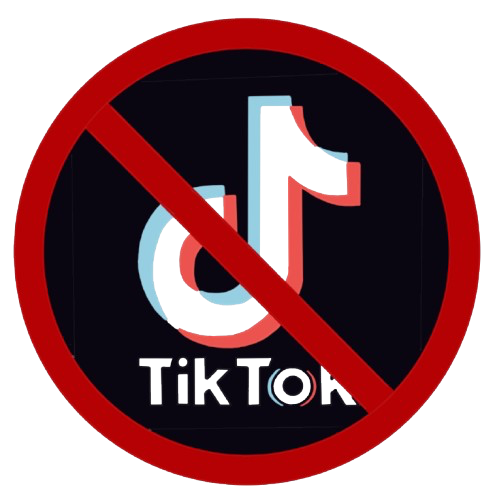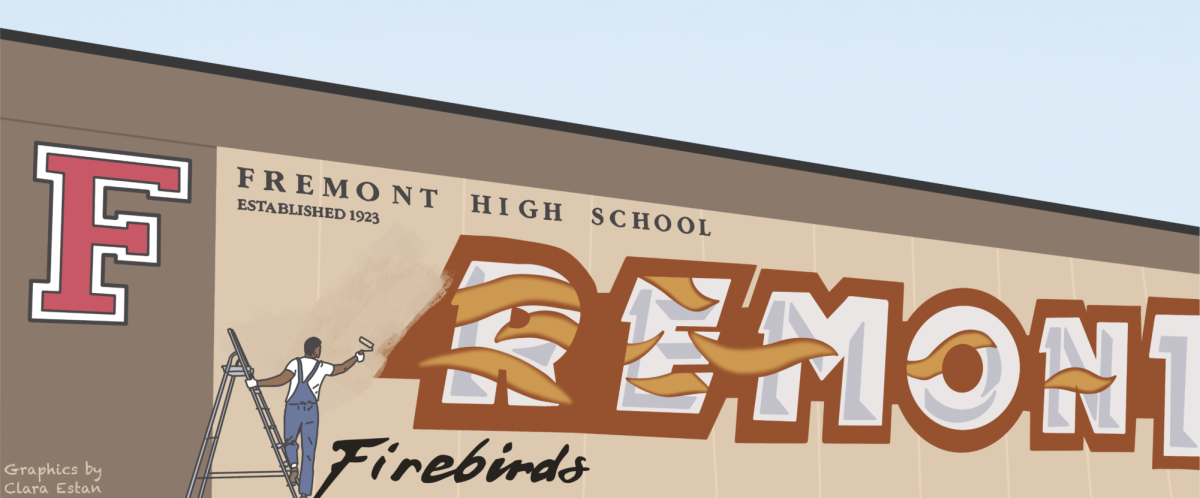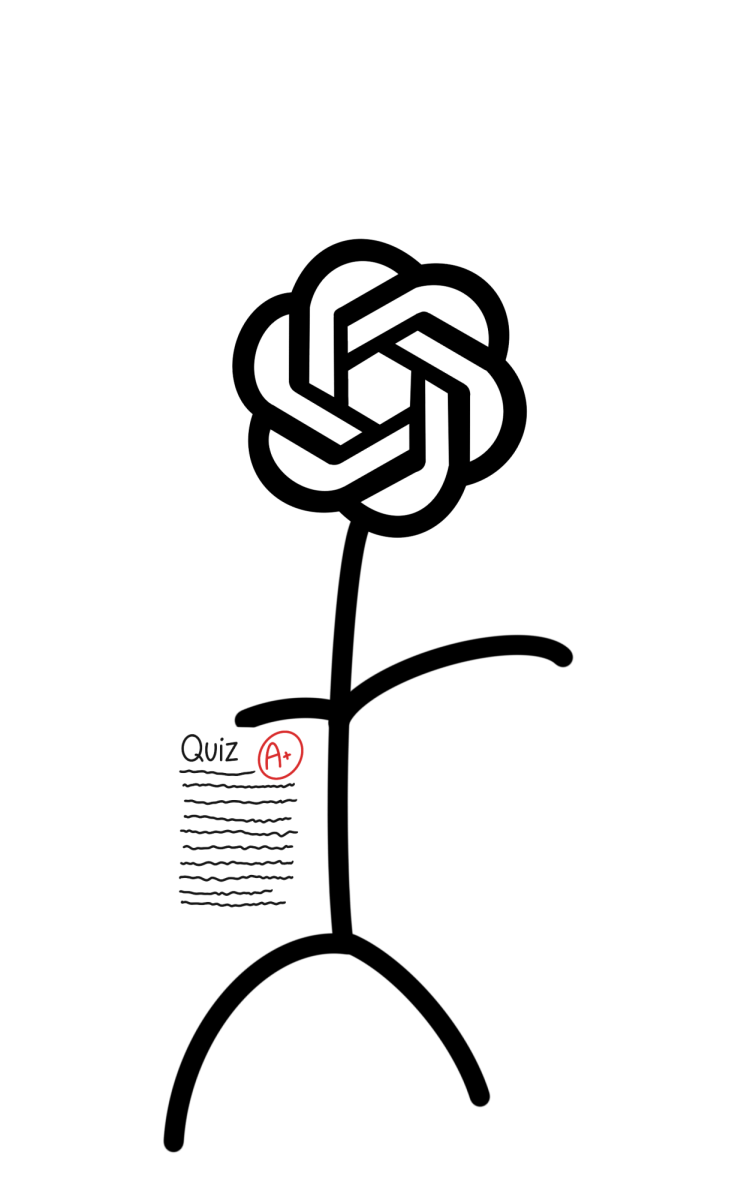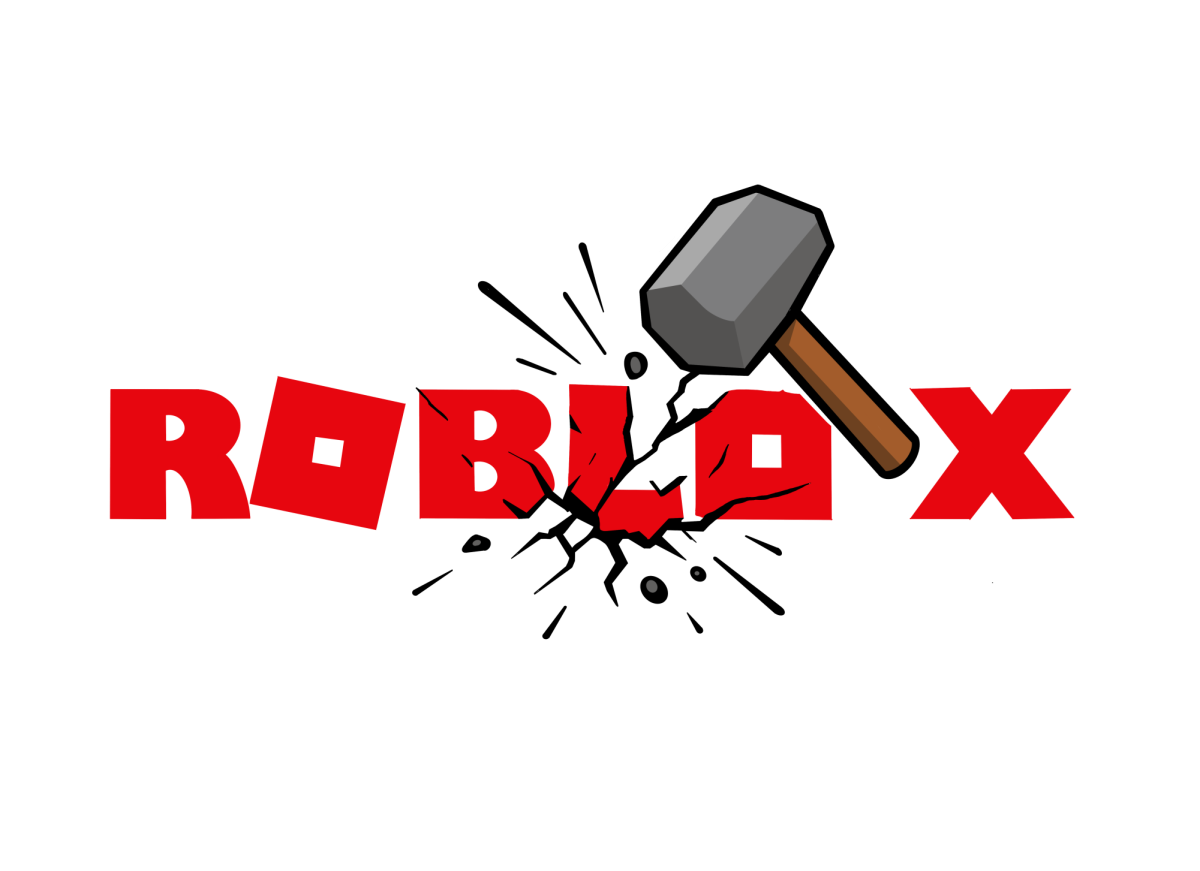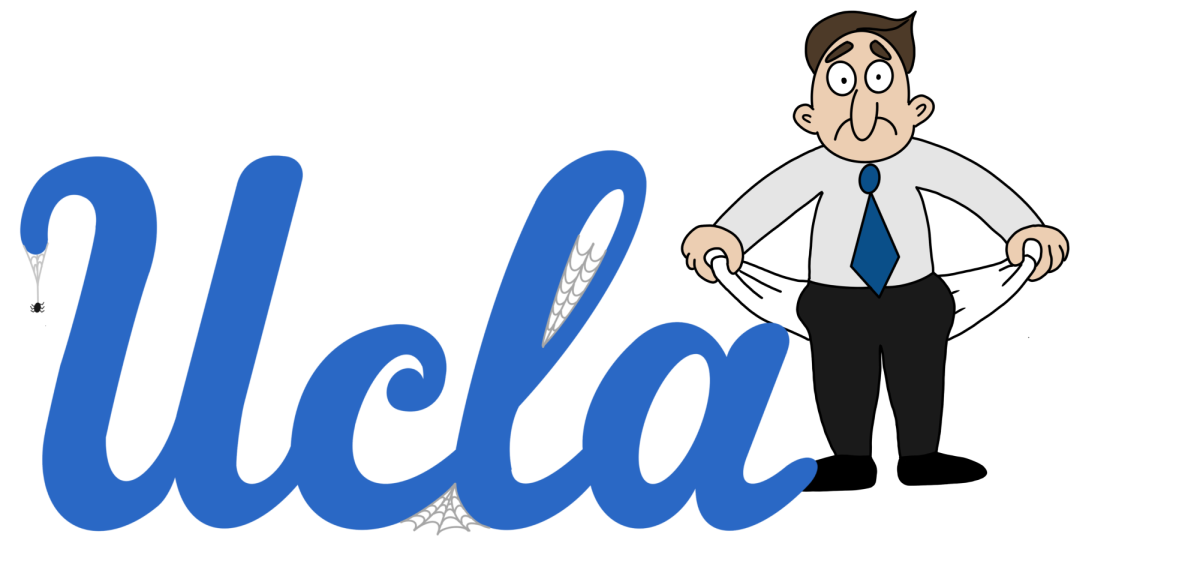TikTok has revolutionized how social media is used, but is now facing an obstacle. As discussions about the TikTok ban unfold, it is important to consider the lasting impact TikTok has had on our culture and this generation.
In 2018, ByteDance acquired the popular social media app, Musical.ly, and rebranded it into TikTok. Since its launch, TikTok has become one of the world’s most popular social media platforms due to the addictive ‘For You’ page (FYP). TikTok’s algorithm is effective at keeping users engaged for long periods by adapting to viewers’ media preferences. TikTok has become a phenomenon, with 1.04 billion monthly active users worldwide, 34 million videos posted daily and billions of likes and shares a day, according to DataReportal. Its viral challenges, dances and high effort content have shaped global culture.
Since 2020, TikTok has faced privacy and security concerns, leading to talks of a ban. In February 2023, former President Joe Biden ordered a review of TikTok’s security practices to address potential foreign influence risks.
“I think that [companies storing users’ data is] something every company or any social media is doing already, it isn’t something new,” FHS social studies teacher Monica Woo said. “It is an issue, but it’s already known. Lots of companies sell information to a third party without the users being aware of it.”
Biden’s executive order later escalated to a high-profile hearing in March of 2023, when TikTok’s CEO Shou Zi Chew was questioned about himself, the app and his intentions for the app. During the hearing, lawmakers asked Chew questions on various issues, including how TikTok collects data, and if the Chinese government could access this data.
“I’m not scared for my safety on the app,” FHS junior Venice Estrado Medrano said. “I don’t put my card or any other information on it, I also fake my personal information to prevent anybody from stealing it.”
Congress pushed for ByteDance to be purchased by a U.S. buyer by Sunday, Jan. 19, or face being banned in the U.S. TikTok took the case to the Supreme Court on Friday, Jan. 10. The prosecutors argued that TikTok’s parent company, ByteDance, posed a significant security issue to the U.S. The 170 million users’ data could be potentially accessed by the Chinese government, citing Chinese laws that allow such access. TikTok’s team argued that the ban interferes with the First Amendment rights of free speech to the millions of American users who rely on the app for communication.
“It’s so easy to see and post misinformation, I think that itself is dangerous, it could be helpful with that being taken away,” Woo said. “But at the same time, it is where a lot of kids get their information.”
The Supreme Court’s final decision upholding the ban was issued on Friday, Jan. 17. This decision left many Americans, both content creators and consumers, feeling sad and angry.
“I was shocked about the ban, but I thought it would be better for it to be banned.” FHS sophomore Mia Katz said. “The ban would make it easier for people to succeed in other aspects and allow people to focus on more important things.”
For countless people, the platform was more than an app — it was a community they were glad to be a part of.
“There are a lot of opportunities on TikTok to create your own business and become an influencer, so it takes that kind of platform away,” Woo said. “But honestly, there are other platforms where people can do the same thing, like Instagram Reels.”
TikTok was banned and voluntarily shut down at 7:30 PM PST on Saturday, Jan. 18. Users who tried to access the platform were met with a pop-up window that displayed the message, “Sorry, TikTok isn’t available right now. A law banning TikTok has been enacted in the U.S. We are fortunate that President Trump has indicated that he will work with us.” Those who deleted the app were disappointed as the app was also unavailable on the Apple and Google Play stores.
“There were many threats of the ban over the years so I never took it seriously,” Estrada Medrano said. “However, when it was banned I was in shock and couldn’t stop clicking it.”
In a surprising turn of events, the app was restored after just 12 hours. Users received the message, “Thanks for your patience and support. As a result of President Trump’s efforts, TikTok is back in the U.S.” While TikTok’s shutdown lasted just a few hours, securing the app’s long-term use in the future will be more complicated. Trump only extended the app’s ban by 75 days through an executive order, allowing time for a non-Chinese company to purchase TikTok.


